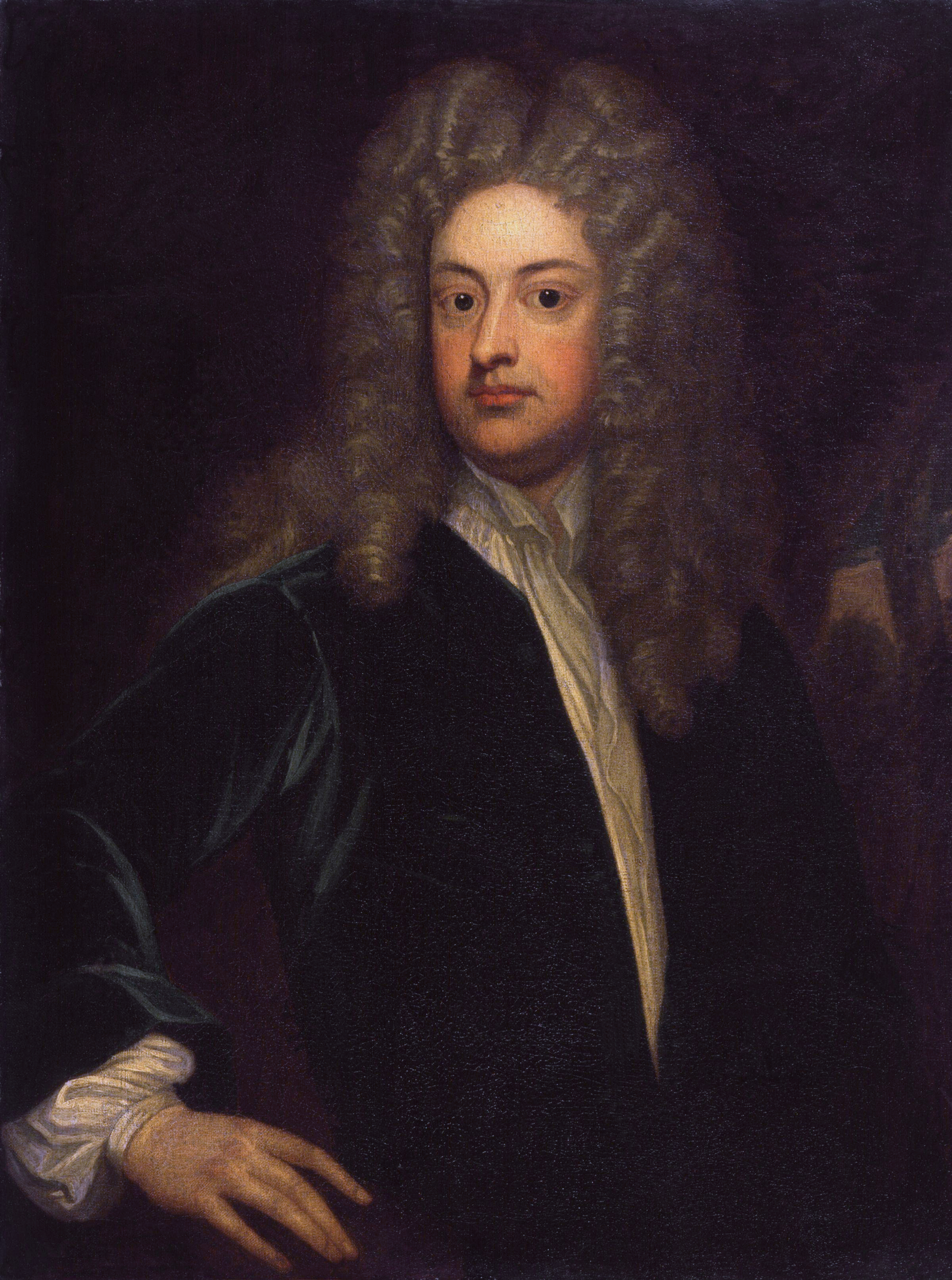No. 225.
The Tatler (1711–1714)
Context: At the same time that I think discretion the most useful talent a man can be master of, I look upon cunning to be the accomplishment of little, mean, ungenerous minds. Discretion points out the noblest ends to us, and pursues the most proper and laudable methods of attaining them: cunning has only private selfish aims, and sticks at nothing which may make them succeed. Discretion has large and extended views, and, like a well-formed eye, commands a whole horizon: cunning is a kind of short-sightedness, that discovers the minutest objects which are near at hand, but is not able to discern things at a distance. Discretion the more it is discovered, gives a greater authority to the person who possesses it: cunning, when it is once detected, loses its force, and makes a man incapable of bringing about even those events which he might have done had he passed only for a plain man. Discretion is the perfection of reason, and a guide to us in all the duties of life: cunning is a kind of instinct, that only looks out after our immediate interest and welfare. Discretion is only found in men of strong sense and good understandings, cunning is often to be met with in brutes themselves, and in persons who are but the fewest removes from them.

